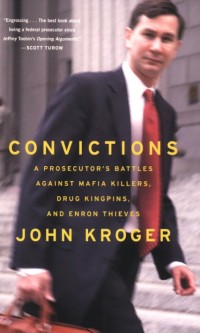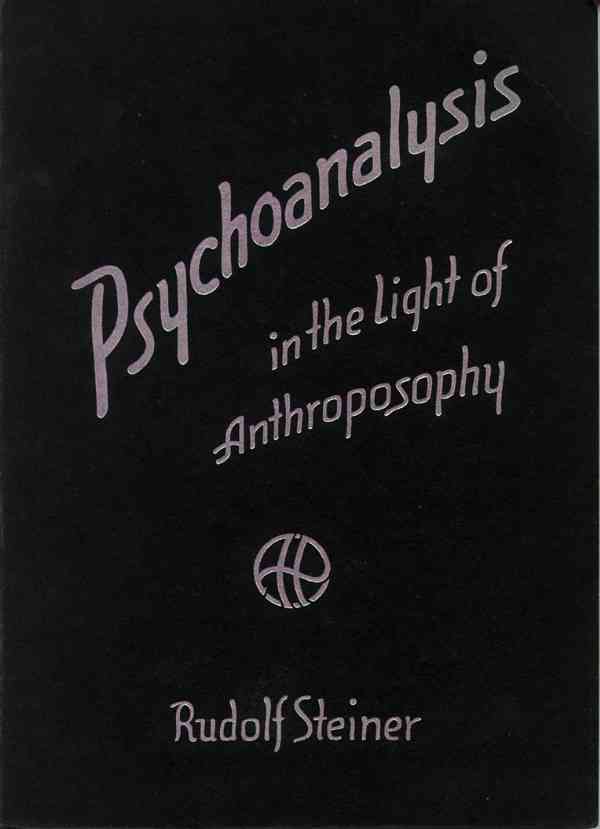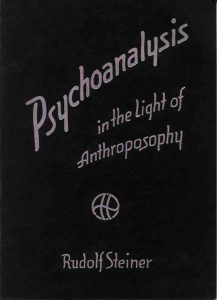Convictions: A Prosecutor’s Battles Against Mafia Killers, Drug Kingpins, and Enron Thieves

 By John Kroger.
By John Kroger.
Published by Farrar, Straus and Giroux, New York, 2008. Click to Buy this book!
This absorbing 466-page book by former federal prosecutor John Kroger (Assistant United States Attorney, or AUSA) includes a Prologue, Four Parts with 19 chapters, an Epilogue, Sources, and Acknowledgements. The Parts are titled Rookie, Mafia Prosecutor, The War on Drugs, and Enron: White-Collar Crime. The Prologue, titled “Waiting for a Verdict,” opens the book with a description of the most dramatic moments in the trial of the United States v. Scarpa (Gregory Scarpa, Jr.), as the judge receives a note and informs the court that the jury has reached a verdict. Kroger, still something of a rookie in this his third trial — although an extraordinary rookie — writes of his six-month course of preparation, together with trial partner and veteran mob prosecutor Sung-Hee Suh, during which both worked 18 hours a day, seven days a week. The verdict is not revealed until the third chapter of Part II. As it turns out, both the government and the defense had flawed cases, so the jury decided to give each side a partial victory. Scarpa was convicted on all counts except murder; the jury would not convict a man of murder solely on the basis of cooperator testimony.
The entire first part of the book describes the path of John Kroger’s life (b. 1966) that brought him to the moments of the Scarpa verdict. The book’s back cover praise proves absolutely accurate: “… Probably the frankest discussion ever of the extraordinary ethical dilemmas that go with wielding the government’s crushing power over lives.” — Scott Turow. “Kroger wins here as he did in the courtroom — with simplicity and candor, passion and integrity, and a ferocious, persuasive intelligence.” — Susan Choi. More »

